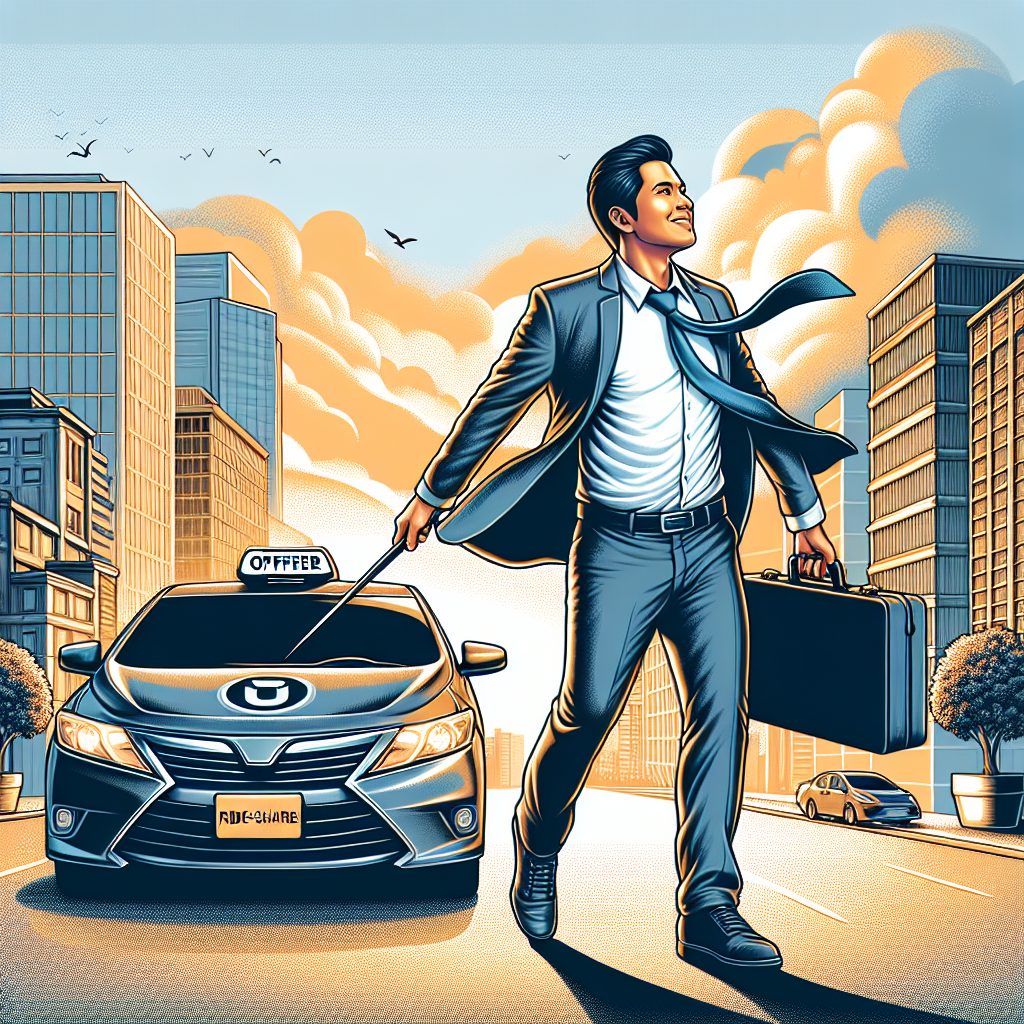
Navigating the Gig Economy: Balancing Flexibility and Hidden Challenges

The Gig Economy: Flexibility with a Side of Hidden Challenges
In today’s world, we often celebrate the hustle. The gig economy with its promise of flexibility and independence sounds pretty enticing, doesn’t it? But let’s be honest: with flexibility comes a cocktail of hidden challenges that too many of us overlook. I recently had a delightful chat over a cuppa with someone who drives for Uber part-time alongside a full-time job. His experiences opened my eyes to the complexities that lurk beneath the surface of this seemingly perfect gigging lifestyle.
What Are the Hidden Challenges of the Gig Economy?
As we chatted, he shared a detail that left me pondering: to drive for Uber, he has to adhere to specific rules, one being that he must wear a white shirt. Sounds simple enough, right? But here’s the kicker—if he shows up in anything else, he can’t pick up passengers. A hefty fine waits for those who dare to stray from the dress code. This made me realise how the rules we often take for granted can sometimes dictate our behaviour in unexpected ways.
Imagine waking up, rushing to meet a friend, and realising you’ve grabbed your favourite blue shirt instead of the required white. Suddenly, you’re faced with a choice that could cost you both time and money. It’s ironic how such a small detail can suddenly transform a simple gig into a tightrope walk.
Are We Sacrificing More Than We Gain?
Let’s face it: while flexibility is a fantastic perk, it should not come at the expense of our well-being. A lack of job security, unpredictable income, and mental exhaustion can creep in, turning what initially seemed like an opportunity into a burden rather quickly. We should be asking ourselves: is it really worth it if the cost to our health is so high?
A New Approach to Flexibility in the Gig Economy
At City Skills, we understand these challenges are crucial in shaping the future of work. We want to create environments that promote flexibility while allowing individuals to thrive instead of just surviving. So my question to you is—not just as a consumer but as a participant in this new workforce—how do we create a system that values flexibility without imposing unnecessary burdens?
We all have stories to share. Personally, I’ve learned that real flexibility means more than time off or choosing your hours; it’s about being able to live without the constant worry of compliance. I remember a time when I took on too many projects, thinking I could juggle it all. The burnout that followed taught me that sometimes, less truly is more.
What Can We Do Moving Forward?
Admittedly, the gig economy offers tremendous opportunities, and many have benefited from this newfound way of working. But as the narrative unfolds, it’s crucial to evaluate the cost of our choices. By building awareness and advocating for better systems, perhaps we can find a balance that allows us to work flexibly without those haunting hidden challenges.
The future workforce deserves a balanced approach, where flexibility doesn’t come with hidden traps. It’s time we started the conversation about how to make flexibility a genuine benefit in the gig economy rather than a gilded cage.
So, how about you? Have you experienced the highs and lows of gig work? Let’s continue the discussion and explore how we can pave the way for a better, more accommodating future. Share your thoughts below!
#CitySkills #GigEconomy #Flexibility




